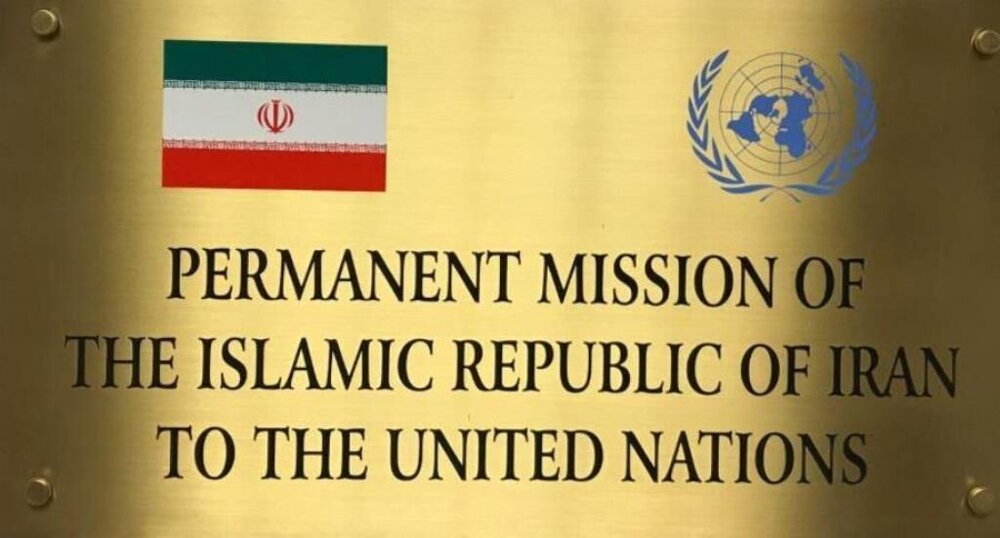TEHRAN — The Permanent Mission of the Islamic Republic of Iran to the United Nations has rejected the UN secretary general’s report on the implementation of the Security Council resolution 2231 as flawed and inaccurate.
UN Secretary-General Antonio Guterres told the Security Council in a report seen by Reuters on Thursday that cruise missiles used in several attacks on oil facilities and an international airport in Saudi Arabia in November 2019 and February 2020 had been of “Iranian origin”.
He also said the “items may have been transferred in a manner inconsistent” with Security Council Resolution 2231, which enshrines the international nuclear deal – officially known as the Joint Comprehensive Plan of Action (JCPOA) – signed between Iran and world powers in 2015.
Guterres said in his report that the United Nations had examined the debris of weapons used in the attacks on an oil facility in Afif in May, the Abha international airport in June and August, and the Aramco oil facilities in Khurais and Abqaiq in September.
The Report has based its findings on the alleged seizures of arms by the United States as well as the attacks on Saudi Arabia, reproducing the exact claims made by the United States. In essence, the U.S. is sitting in the driver’s seat to shape the so-called “assessment” regarding the Iranian connection to the attacks.
In a press release on Friday, the mission said that the UN Secretariat lacks the capacity, expertise, and knowledge to conduct such a sophisticated and sensitive investigation.
Full text of the press release is as follows:
Unfortunately, there are a number of serious flaws, inaccuracies, and discrepancies in the Report of the UN Secretary-General on the implementation of the Security Council resolution 2231, related to the so-called Iranian connection to the export of weapons or their components that are used in attacks on Saudi Arabia. In this context, the Permanent Mission of the Islamic Republic of Iran wishes to state the following:
* The UN Secretariat lacks the capacity, expertise, and knowledge to conduct such a sophisticated and sensitive investigation.
* Some of the alleged seized arms which have been examined were found not to conform to the ones manufactured by Iran.
* Iran categorically rejects the observations contained in the Report concerning the Iranian connection to the export of weapons or their components that are used in attacks on Saudi Arabia and the Iranian origin of alleged U.S. seizures of armaments.
* The Report has based its findings on the alleged seizures of arms by the United States as well as the attacks on Saudi Arabia, reproducing the exact claims made by the United States. In essence, the U.S. is sitting in the driver’s seat to shape the so-called “assessment” regarding the Iranian connection to the attacks.
Conclusion of such baseless allegations is not surprising because the U.S. and its allies have a long history of disinformation and Iran-bashing.
* In extremely unprofessional conduct, only some images such as media pictures of military exhibitions have been used to verify and conclude about the alleged similarities of some items. Resorting to such methods of attribution seriously undermines the credibility of the Report.
* The reliance on unsubstantiated and vague wordings such as “reportedly recovered”, “highly likely made”, “similarity” and “may have been transferred” in the Report, to make allegations against Iran, once again calls into question the validity of the findings.
* In the absence of solid and reliable technical information which is vital to conduct a professional review of highly sophisticated technical items, one cannot but consider the allegations against Iran as politically-motivated.
* While the “Iranian origin” of the arms mentioned in the Report is a fallacy, the origin of sophisticated weaponry being poured into our region by the U.S. and its allies killing and maiming innocent people is quite obvious.


No comments:
Post a Comment